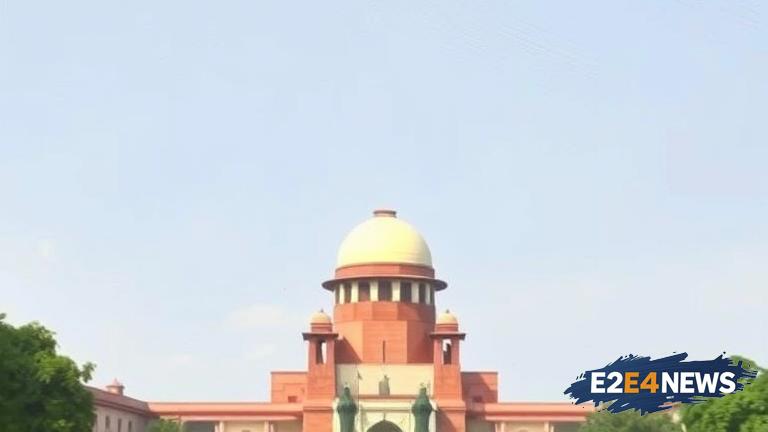The Delhi government has filed a petition in the Supreme Court, challenging the ban on old vehicles in the national capital. The ban, which was imposed by the National Green Tribunal (NGT), prohibits the plying of vehicles older than 15 years on Delhi’s roads. The Delhi government has argued that the ban is unfair and will cause undue hardship to the owners of old vehicles, who will be forced to scrap their vehicles without adequate compensation. The government has also pointed out that the ban will lead to a loss of livelihood for many people who depend on their old vehicles for their daily commute. Furthermore, the government has argued that the ban is not an effective solution to reduce pollution in the city, as old vehicles are not the only contributors to pollution. The government has suggested that instead of a blanket ban, the NGT should consider other measures such as imposing stricter emission norms or introducing a congestion tax. The petition has been filed by the Delhi government’s transport department, which has stated that the ban will affect over 1 million vehicle owners in the city. The government has also argued that the ban will lead to a significant increase in the number of vehicles being scrapped, which will result in a huge amount of waste being generated. The NGT had imposed the ban in 2015, citing the high levels of pollution in the city. However, the Delhi government has argued that the ban is not a viable solution and will only serve to harass vehicle owners. The government has also pointed out that many other cities in the country have not imposed such a ban, and that Delhi should not be singled out. The petition is likely to be heard by the Supreme Court in the coming weeks, and the outcome is being eagerly awaited by vehicle owners and environmentalists alike. The ban on old vehicles has been a contentious issue in Delhi, with many vehicle owners protesting against the move. The Delhi government’s decision to challenge the ban in the Supreme Court is seen as a victory for vehicle owners, who had been demanding that the government take action against the ban. However, environmentalists have argued that the ban is necessary to reduce pollution in the city, and that the Delhi government’s decision to challenge the ban is a retrograde step. The Supreme Court’s decision on the petition is likely to have significant implications for the city’s transportation policy, and will be closely watched by all stakeholders. The Delhi government has also argued that the ban will lead to a significant increase in the number of vehicles being registered in neighboring states, which will defeat the purpose of the ban. The government has suggested that instead of a ban, the NGT should consider introducing measures such as a vehicle registration tax or a congestion tax, which will discourage people from using old vehicles. The petition has been filed by the Delhi government’s transport department, which has stated that the ban will affect not only vehicle owners but also the city’s economy. The government has argued that the ban will lead to a loss of revenue for the city, as many vehicle owners will be forced to scrap their vehicles. The NGT had imposed the ban in 2015, citing the high levels of pollution in the city, but the Delhi government has argued that the ban is not a viable solution. The government has suggested that instead of a blanket ban, the NGT should consider other measures such as imposing stricter emission norms or introducing a congestion tax. The petition is likely to be heard by the Supreme Court in the coming weeks, and the outcome is being eagerly awaited by vehicle owners and environmentalists alike.
